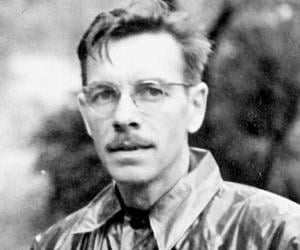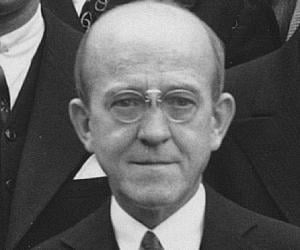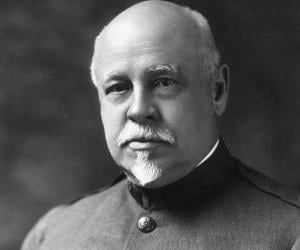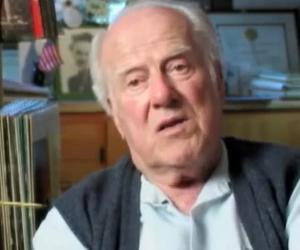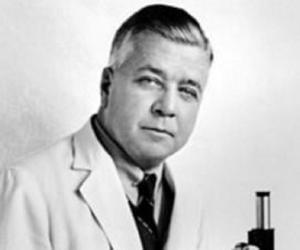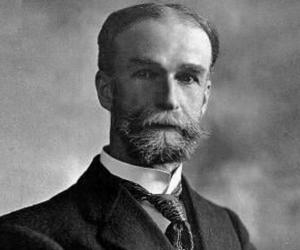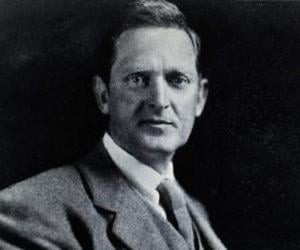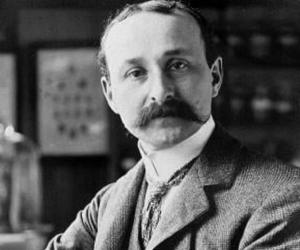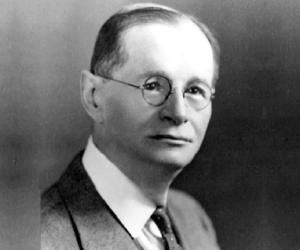1
Alfred Day Hershey
(American Bacteriologist, Geneticist and Winner of the 1969 Nobel Prize in Medicine)
Birthdate: December 4, 1908
Sun Sign: Sagittarius
Birthplace: Owosso, Michigan, United States
Died: May 22, 1997
Alfred Day Hershey was a prominent American bacteriologist and geneticist. He made significant contributions to the field of molecular biology, particularly in the study of viruses and bacteriophages. Hershey's most well-known work involved the "Hershey-Chase" experiment, which confirmed that DNA, not protein, is the genetic material in viruses. This groundbreaking discovery earned him the Nobel Prize in Physiology or Medicine in 1969. Throughout his career, Hershey's research had a profound impact on our understanding of genetics and laid the foundation for future advancements in the field.
